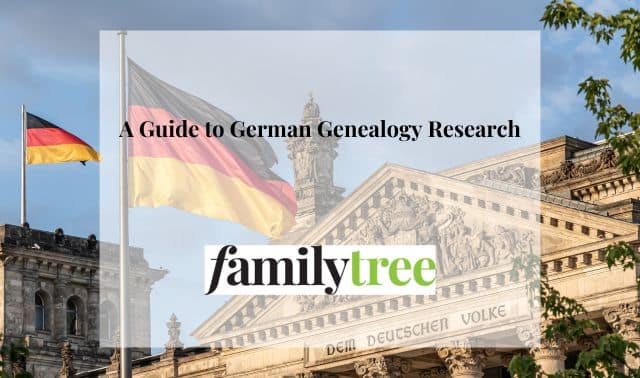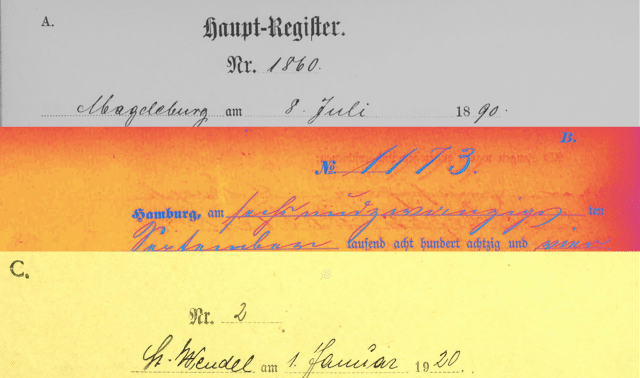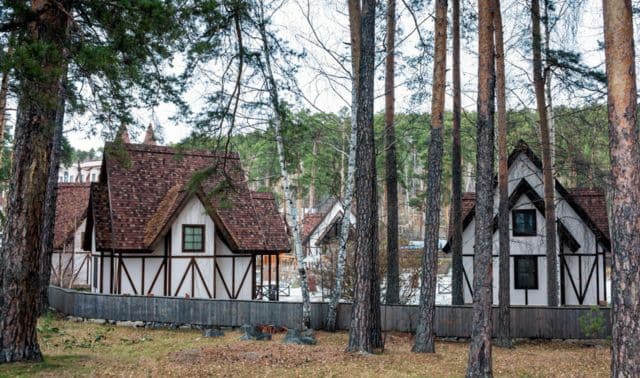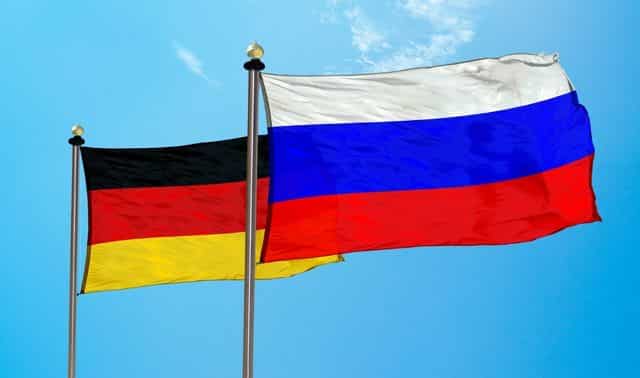Sign up for the Family Tree Newsletter! Plus, you’ll receive our 10 Essential Genealogy Research Forms PDF as a special thank you.
Get Your Free Genealogy Forms
"*" indicates required fields

I’ve written before about how genealogy differs in Germany and the United States. The social-genealogical world is also organized differently in the two countries. Let’s take a look at the major German genealogy groups as an example.
For one thing, German genealogy groups are generally smaller than their American counterparts. The German computer genealogy group (Verein für Computergenealogie), the nation’s largest group by membership, has about 3,600 members. By comparison, the National Genealogical Society and the New England Historic Genealogical Society in America each have tens of thousands of members.
The German version of the (now defunct) Federation of Genealogical Societies, an umbrella organization called the DAGV (or Deutsche Arbeitsgemeinschaft Genealogischer Verein), is also much smaller. The International German Genealogy Partnership, another umbrella organization, also connects genealogists to their German-speaking ancestors. The group has brought together more than 100 globe-spanning groups, and will host a second biannual conference in Sacramento, California, in June 2019.
On the professional side of genealogy, the America-based Association of Professional Genealogists has about 2,700 members. But the Germany-based professional group, Verband deutschsprachiger Berufsgenealogen, has just a couple dozen people. (In general, I’ve noticed some German distaste for professional genealogy).
What German genealogy groups lack in size, they make up for in accessibility. The Verein für Computergenealogie runs the supersite Compgen.de, a many-armed Internet powerhouse that has a growing list of features. You could compare Compgen to the American site RootsWeb, with the two sites filling similar roles. Each provides niche information about research in those locations.
According to Nancy Myers, a Michigan native who has lived in Germany since 2001 and is active in a variety of groups, the utility of German genealogy groups also depends on the level of formal organization each has. Some genealogy groups are eingetragene Vereine (“registered societies”), with a formal board, bylaws and a requirement for submitting paperwork to tax authorities. Others are Stammtische: loosely organized, informal clubs made up of persons who meet regularly to share their interest in genealogy.
The DAGV does not include informally organized groups such as Stammtische or individuals—only Vereine. But many of the clubs have local expertise that Americans searching for German-speaking ancestors might leverage.
“The genealogy Stammtische seem to be growing in number as the number of active genealogists in Germany grows,” Myers says. “I think in the past genealogy was a bit focused on proving a connection to Karl der Grosse or to nobility. As it becomes a more widespread hobby for us ‘commoners’—and as access to records has become easier—more researchers seem to be looking for simpler structures requiring less long-term commitment, exactly what a Stammtisch offers.”
Whether Vereine or Stammtische, most groups have a web presence. Myers notes that researchers should use a variety of terms when looking for organizations. In addition to the name of a city or area, they should include an organizational term such as Verein or Stammtisch (or Arbeitsgemeinschaft, which means “working group”). They should also add a descriptor such as Genealogie or Ahnenforschung (“family history”).
Last updated, February 2021.








